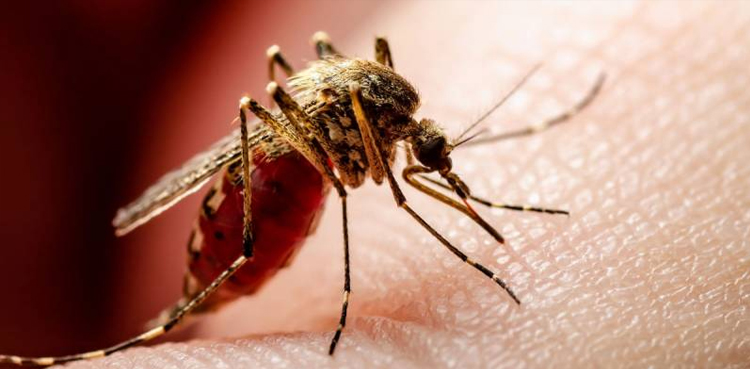ISLAMABAD: The National Institute of Health (NIH) on Tuesday issued an advisory amid a potential threat of an increase in dengue fever cases in the monsoon season, ARY News reported.
The advisory stated that the steep rise is witnessed in the monsoon season in the number of dengue virus cases for which a strong vigilant system is needed to control the rising number.
The authorities and masses have been advised to ensure the prevention of mosquitoes from accessing egg-laying habitats by environmental management and modification.
The domestic water storage containers should be covered and cleaned on a weekly basis to ensure that dengue larva is not taking place.
Insecidtices should be applied during outbreaks as one of the emergency vector-control measures.
Masses have been advised to wear clothes with full sleeves to avoid the threat of mosquito bites during the monsoon season.
Dengue virus is a mosquito-borne viral disease that has rapidly spread in recent years around the world. Dengue virus is transmitted by female mosquitoes mainly of the species Aedes aegypti and, to a lesser extent, Ae. albopictus.
SYMPTOMS
Dengue should be suspected when a high fever (40°C/104°F) is accompanied by 2 of the following symptoms during the febrile phase:
- severe headache
- pain behind the eyes
- muscle and joint pains
- nausea
- vomiting
- swollen glands
- rash.



Leave a Comment